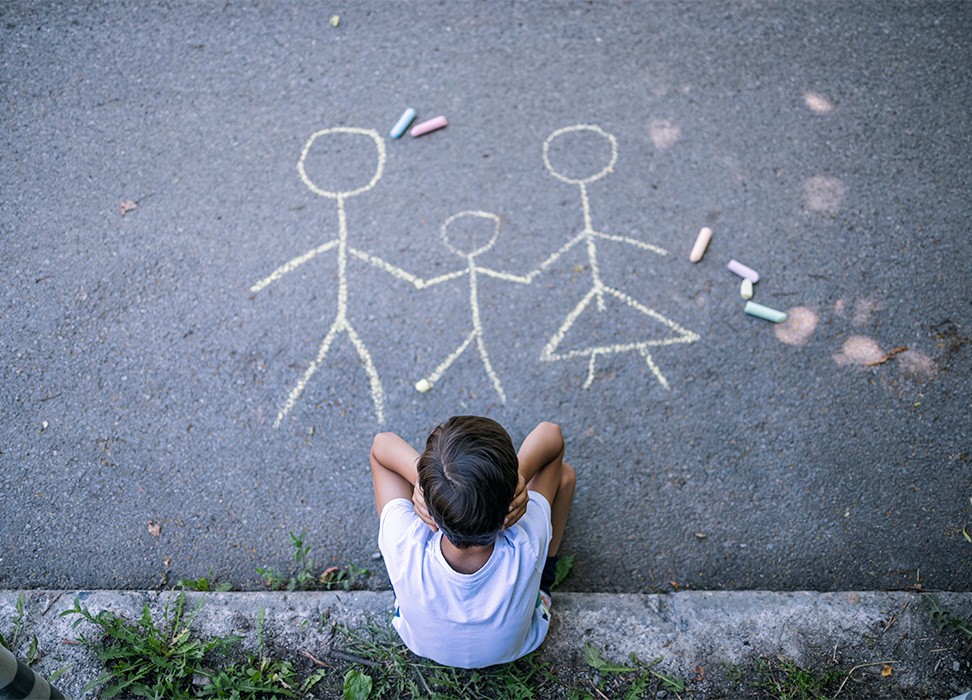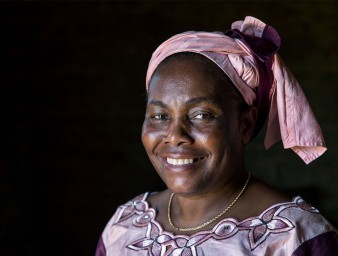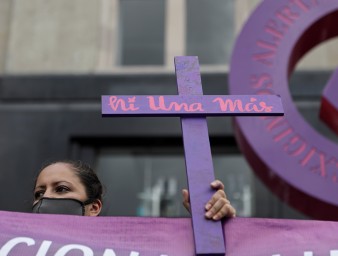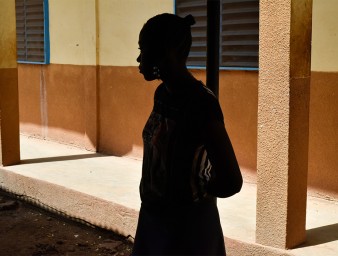Gender bias in custody battles places women and children at risk
30 June 2023

“Within the context of child custody cases there exists multi-layered violence that has yet to enter the collective conscience of the international community; it is perpetuated primarily against a group of women, namely mothers – whose concerns this Council does not address as often as it perhaps should,” said Reem Alsalem, UN expert on violence against women.
In her latest report to the Human Rights Council, Alsalem highlights the deeply entrenched gender bias that permeates family court systems worldwide, resulting in immense suffering and violence for women and children. Indigenous women, migrant women and women with disabilities are at particular risk of such violence, the expert pointed out.
At the Council, Alsalem denounced the alarming tendency of family courts to dismiss the history of domestic violence and abuse in custody cases, particularly when mothers and/or children present credible allegations of such abuse, including coercive control and physical or sexual violence. She emphasized that such practices are widespread, unacceptable and called for urgent action.
Further, when custody decisions are made in favour of a parent claiming alienation without adequately considering the child's perspective, it perpetuates harm and puts the child at risk.
“The pervasiveness of negative gender bias should not come as a surprise. Just a few weeks ago, UNDP released the latest Gender Social Norms Index, which shows that almost 9 out of 10 men and women hold biases against women,” the expert said.
Alsalem condemned the endorsement and incorporation of ‘parental alienation’ and related “pseudo-concepts” into legal systems worldwide, even when not officially recognized in the law and among evaluators tasked with reporting on the best interests of the child to family courts.
In her report, Alsalem offers several recommendations to States and other stakeholders to address the prevailing bias and protect the well-being of women and children. This includes improving their access to justice; dropping the use of unconfirmed and unfounded misogynistic frameworks and concepts; improving the collection of relevant data; and revising the Hague Convention on the Civil Aspects of International Child Abduction to be able to deal with cases of women and children that are fleeing abusive situations in the context of child custody dispute for their safety.
She also calls upon the international community to recognize the human rights dimensions of the multi-layered violence experienced by many mothers and children within family court systems.
When establishing arrangements for custody and visitation rights, she stressed, the protection of women and children from violence, a victim-centred approach, and the best interests of the child must take precedence over all other criteria.
Alsalem’s findings underscore the urgent need for comprehensive reforms within family court systems worldwide to ensure fair and just outcomes, protect survivors of domestic violence, and prioritize the well-being of children. Her recommendations serve as a crucial roadmap for States and other stakeholders to rectify the systemic injustices within family court proceedings.
“I urge States to act if they want to protect not only individuals, but also families from lasting harm, even if these families do not fall within the romanticized notion of an ideal family structure whereby a child is in contact with both parents, and irrespective of the best interest of the child or other considerations,” she said.



